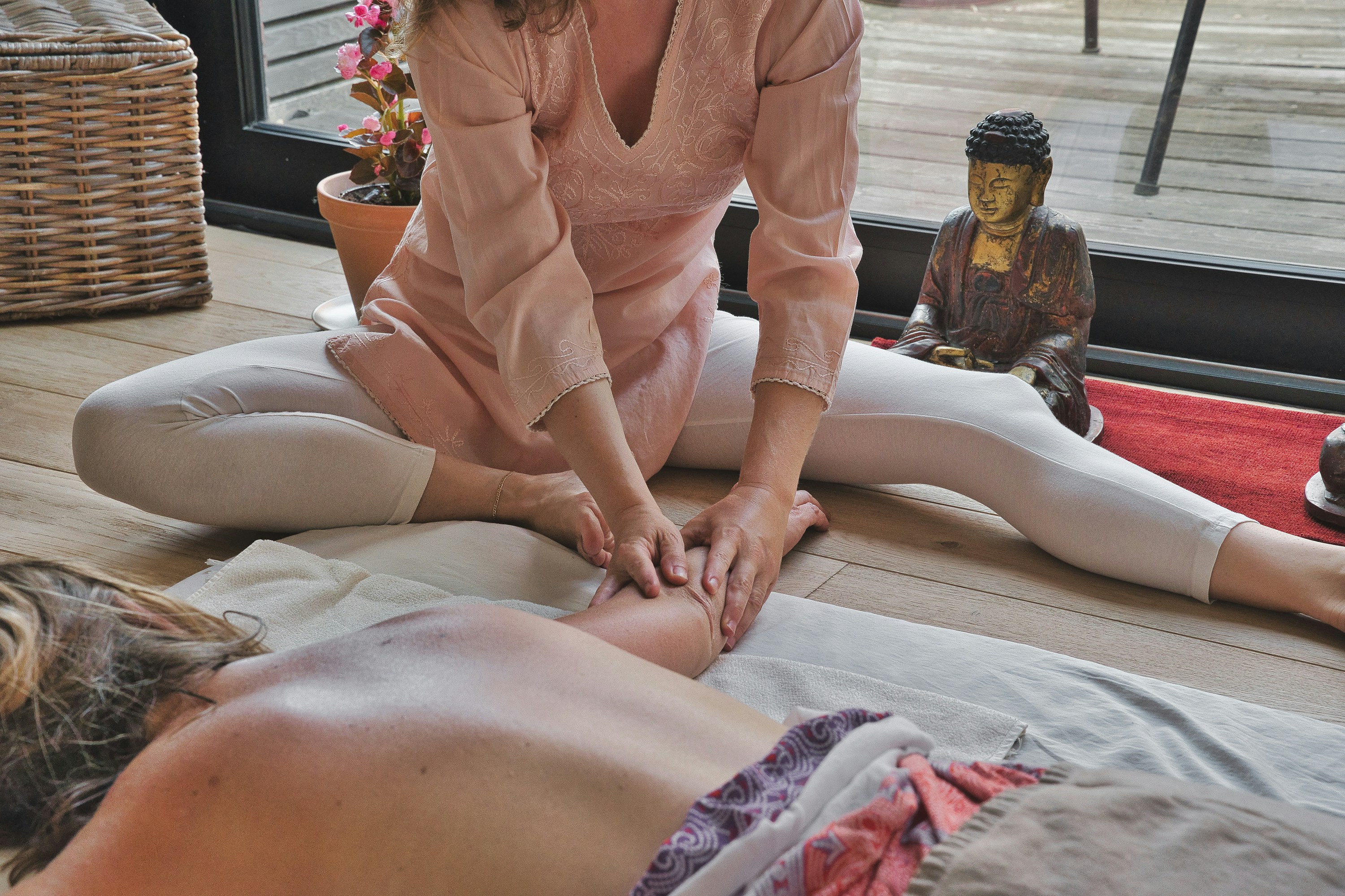Have you ever wondered how the invigorating sensation of plunging into cold water could potentially sharpen your mind and enhance your productivity? At first glance, the act of submerging yourself into icy depths might seem more connected to an adrenaline rush or sheer madness than a productivity hack. However, a closer look reveals fascinating insights into how cold plunging might just be the unexpected elixir for boosting focus and efficiency in your daily life.
Understanding Cold Plunging
Before diving into how cold plunging affects productivity and focus, let’s establish what cold plunging actually is. Essentially, it involves immersing yourself in cold water for a short period. This practice, associated with both health enthusiasts and elite athletes, has been gaining popularity beyond those circles. From dedicated cold water therapy tubs and ice baths to natural bodies of chilly water during brisk winter months, this method is being adopted for varied reasons, ranging from health benefits to mental clarity.
The Science Behind Cold Exposure
To understand how this simple yet intense activity might influence your mind, it’s beneficial to explore the science behind it. When you subject your body to cold water, it triggers a host of physiological reactions. Primarily, it constricts blood vessels and reduces blood flow to the skin, which is why you often feel an initial shock. Yet, once you step out, the vessels expand back to normal size or even more, promoting blood flow and energizing the body. These physiological changes have cascading effects such as enhancing oxygen delivery to the brain and releasing endorphins, leading to improved mood and heightened mental alertness.
Cold Plunging and Your Brain
Given its profound effects on physiological function, cold plunging has specific impacts on the brain and cognitive performance. It might seem surprising, but the mental stimulation received from cold plunging can mirror the benefits of mindfulness training or even a brisk jog.
Enhanced Neural Connectivity
Cold exposure encourages the production of norepinephrine, a natural chemical that plays a crucial role in concentration and mood regulation. This neurotransmitter is linked to attention span and cognitive control, enhancing your ability to tackle tasks with a clearer, more focused mind.
Stress Reduction and Increased Resilience
Regularly engaging in cold plunging can build mental resilience. The act of deliberately choosing to undergo discomfort trains your mind to manage stress more effectively. Research suggests that those who frequently practice cold exposure may exhibit reduced levels of cortisol, the stress hormone, contributing to a more balanced mental state.
Boost in Endorphins
The temporary discomfort from cold plunging leads to a paradoxical increase in endorphins, the feel-good hormones. This results in reduced feelings of pain and a positive mood, both of which are critical for maintaining focus and productivity.
Cold Plunging and Productivity
Now that we’ve delved into how cold plunging affects brain function, let’s connect these benefits to productivity. Picture your mind as a clear, calm lake – the better you are at keeping it clear, the more productive you can be in your professional and personal life.
Increased Energy Levels
A cold plunge can serve as an immediate energy boost. The invigorating sensation upon emerging from the cold stimulates your body much like a shot of espresso would, leading to clearer thinking and prompt action on tasks.
Sharpened Focus and Concentration
Post-cold plunge, your mind is often more alert and attentive. This heightened level of awareness allows you to focus better on tasks that require significant attention, whether it’s writing a report, engaging in creative endeavors or learning something new.
Enhanced Creativity
Cold exposure can also unleash creativity by stimulating new neural pathways. During a cold plunge, as your sympathetic nervous system activates, your brain may become more adept at forming creative connections, leading to innovative solutions and ideas.
Implementing Cold Plunging
If you’re intrigued by these potential benefits and are considering integrating cold plunging into your routine, you need a few key pieces of advice to get started.
Starting at Home
You don’t need to dive into a near-freezing lake to gain the benefits of a cold plunge. Starting at home is straightforward. You can begin with a cold shower or a bath with ice cubes. The idea is to gradually accustom your body to cold exposure rather than plunging headfirst into extreme temperatures.
Duration and Frequency
How long and how often should you commit to this practice? A typical cold plunge session could last from 2 to 5 minutes. Starting with shorter durations, like 30 seconds, can be valuable until your body adapts. A few sessions per week can already yield noticeable benefits; however, consistency is key in building both mental resilience and physical adaptation.
Table: Ideal Cold Plunge Regimen for Beginners
| Day | Duration | Temperature Range |
|---|---|---|
| 1 | 30 seconds | Cool |
| 2 | 1 minute | Cool |
| 3 | Rest | N/A |
| 4 | 1-2 minutes | Cold |
| 5 | Rest | N/A |
| 6 | 2 minutes | Cold |
| 7 | Rest | N/A |
Safety Considerations
While cold plunging can be beneficial, it’s crucial to approach it safely. Always listen to your body – should you experience any adverse effects such as dizziness or shortness of breath, it’s wise to stop immediately. Additionally, consult with a healthcare provider if you have any underlying health conditions or concerns about the practice.
Cold Plunging: Beyond Productivity
While much of the discussion has been centered around productivity and focus, cold plunging also impacts other facets of well-being, contributing to overall health.
Physical Health Benefits
Among the myriad benefits, cold plunging is known to enhance metabolism, reduce inflammation, and bolster the immune system. The anti-inflammatory properties can aid recovery post-exercise and alleviate symptoms of conditions such as arthritis. Moreover, the shock of cold causes your body to generate heat through a mechanism called thermogenesis, which can contribute to increased calorie burn.
Mental Well-Being
Responding constructively to stress during cold exposure can build mental fortitude. Those who engage regularly often report enhanced clarity of mind and a greater ability to face daily challenges.
Building a Routine
One of the overlooked aspects of cold plunging is the discipline it instills. The very act of choosing to embrace discomfort each day can spill over into other areas of your life, cultivating a mindset of discipline that enhances productivity across various domains.
Cold Plunging: A Lens into Personal Transformation
Consider this practice not just as another tool in your productivity toolkit but as a catalyst for personal transformation. The habit of cold plunging invites you to embrace vulnerability and challenge the status quo, pushing past perceived limits. As you acclimate to cold exposure, you’re likely to observe changes in other areas of life, cultivating patience, perseverance, and an invigorated zest for new challenges.
Conclusion
Reimagining cold plunging as more than a physical challenge opens the door to profound cognitive and productive benefits. By engaging regularly in this icy ritual, you might find your mind more resilient, focused, and creative, ready to harness productivity in ways you hadn’t considered before. As the ripples of change extend from this singular habit, you may discover unforeseen pathways toward achieving your personal and professional goals. Should you choose to make cold plunging a part of your routine, you’re embarking on more than just a physical trial—you’re stepping into a journey of mindfulness, focus, and enhanced clarity.




